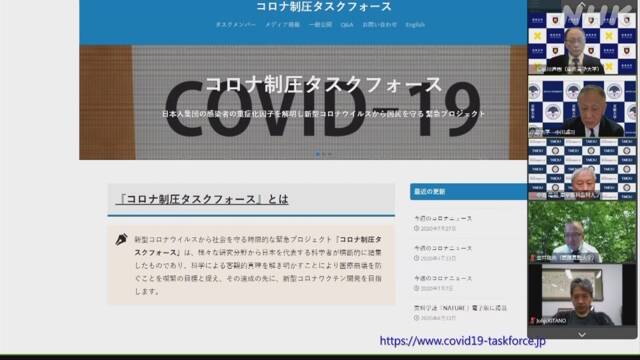Groups such as Keio University have announced that they have found mutations in human genes that may be associated with aggravation when infected with the new coronavirus.
The mutation is unique to Asians, and the group plans to further analyze it.
A research group created by Keio University and Osaka University collaborates with more than 120 medical institutions in Japan to collect blood from infected patients and analyze genes in order to investigate the factors involved in the aggravation of the new coronavirus in Japanese. Is proceeding.
The research group published the results of a comparison and analysis of 440 patients who became severely ill under the age of 65 and nearly 2,400 previously collected genes that were not infected with the new coronavirus.
According to this, 15.9% of people who became severely ill had a mutation near a gene that is thought to be involved in the activation of lymphocytes, a type of immune cell, while this mutation was found in uninfected people. There were 9.9%, which means that there were about 1.6 times more severely ill patients.
Since this mutation has been confirmed only in East Asian people such as Japanese, the group says that it may be a factor related to the aggravation peculiar to Asians.
Professor Takanori Kanai of Keio University, who oversees the research, said, "If we proceed with further research, it may be useful for assessing the risk of aggravation and developing therapeutic agents. In the future, we will analyze more people and make them more aggravated. I want to explore the relationship with. "

